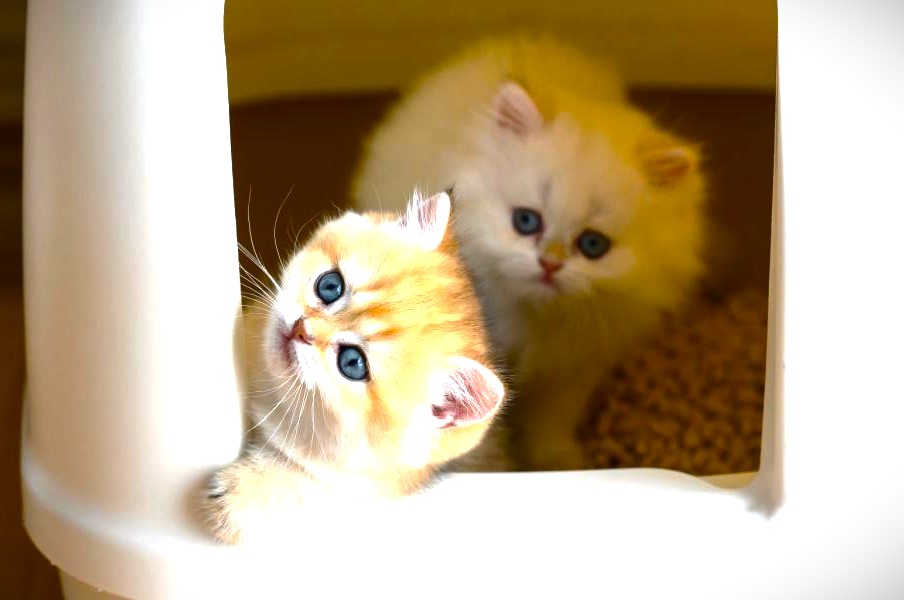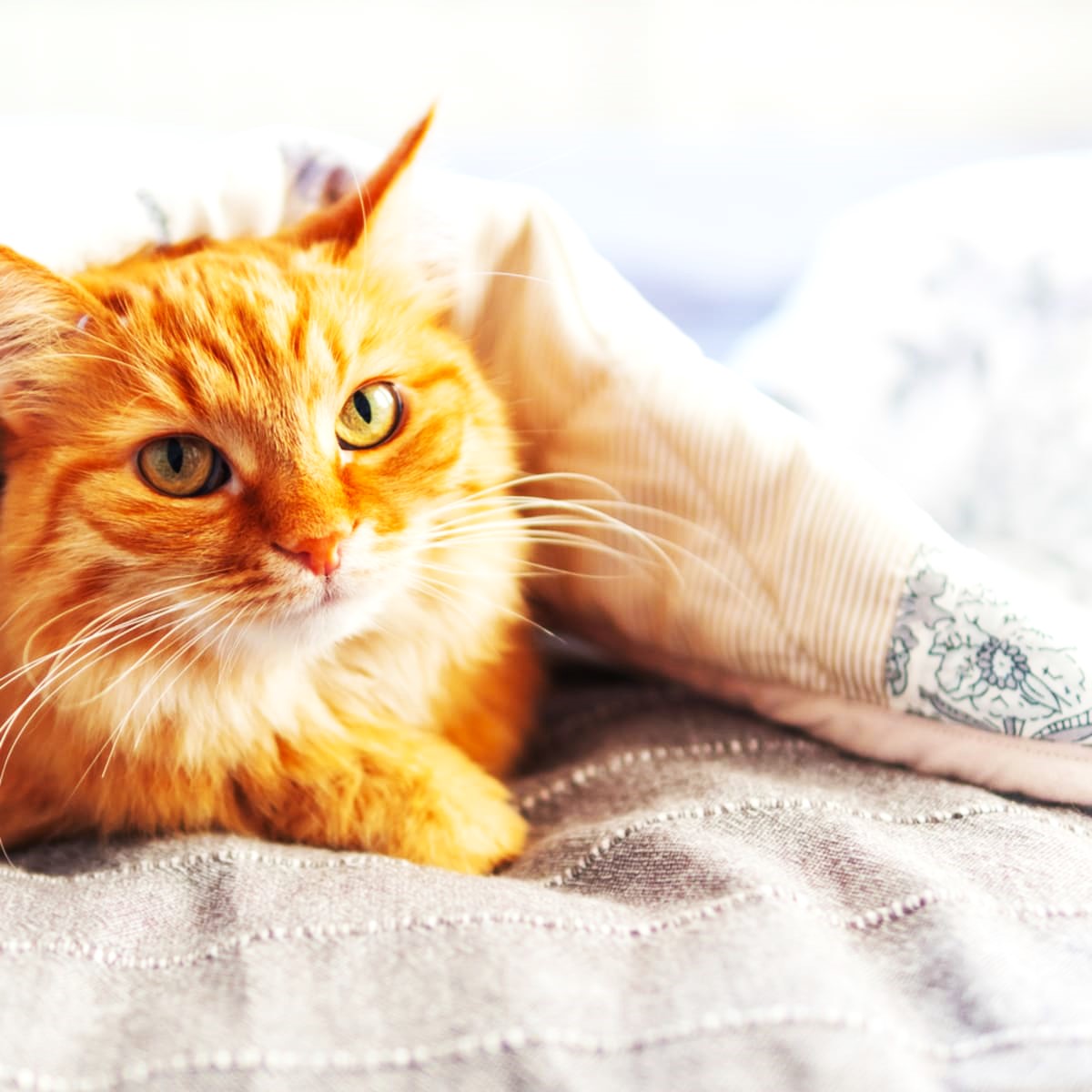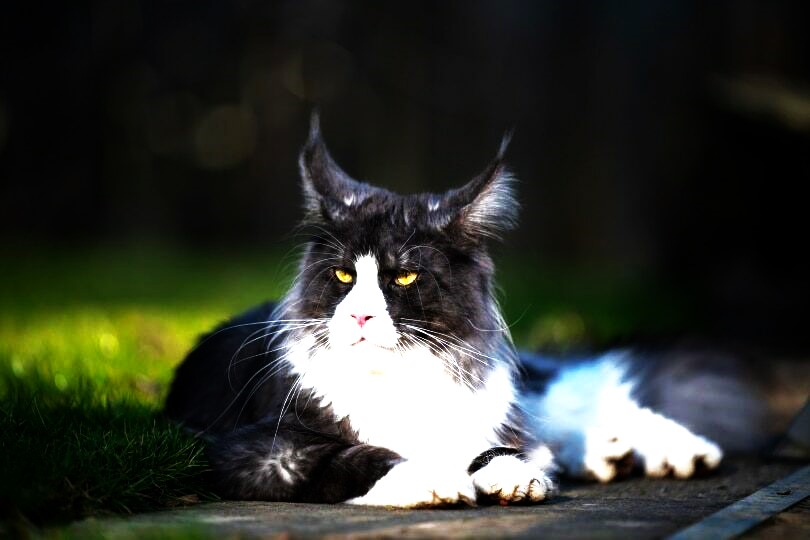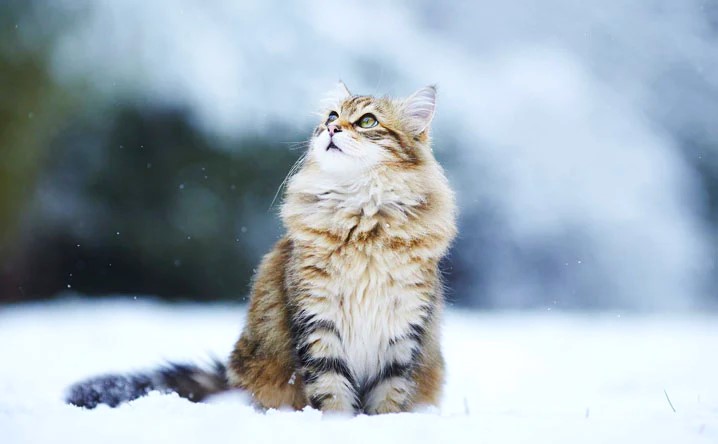Kittens are inquisitive and enjoy exploring crevices in the environment. You should kitten-proof your house and keep a careful watch on your new pet while it learns how to get around safely if you are a new kitten owner or are going to become one. It’s also crucial to protect your treasures from your feline!
Why Is It Kitten-Proof?
Kittens are small animals that possess remarkable senses of smell, leaping, crawling, and clawing abilities. They also have an intense curiosity. This makes it simple for kittens to put themselves in dangerous situations or to damage your delicate dinnerware or decorations. For instance:
Kittens are enthralled with almost everything that moves, including the majority of objects they can manipulate with their paws. This includes tablecloths, bathroom supplies, wires, and trinkets. Certain items pose a risk to kittens, while others are easily breakable.
Cats will climb almost anything because they adore climbing. If they can fit through windows and doors, they’ll also do so!
Kittens like to stretch their claws and they also need to sharpen them. This is acceptable as long as they don’t destroy your nice carpet or your most treasured clothing.
Like newborn humans, kitties have their noses close to the ground and enjoy putting objects in their mouths. Trash bits don’t stand out.
Kittens lack the ability to distinguish between safe treats and potentially hazardous foods, as well as between human and cat food.
How to Ensure Your Kitten Is Safe
Baby-proofing and kitten-proofing are comparable in many aspects. Consider a toddler exploring your house, picking up and putting in their mouth whatever catches their attention. Now that you can picture the task at hand, imagine that the toddler can zip past you, climb, and leap without making any noise.
Take a first look around your home, examining low and high cabinets as well as obscure corners. Can the kitten climb up on a shelf that contains delicate or expensive items? Might it become stuck in a cabinet?
If you’re a needlework enthusiast, store your materials in a closed container. Although needles and thread seem like harmless toys, if your kitten swallows them, they can be deadly. After using it, carefully store the yarn away to prevent your kitten from consuming a potentially harmful foreign object.
Keep your window blinds out of cat’s reach by folding the cord and fastening it with a rubber band. She might strangle herself if she becomes tangled in it.
Kittens enjoy toppling trashcans and will pick up almost anything they can. Invest in kitchen garbage containers and covered wastebaskets if you don’t want to find your floors covered in trash.
When using your clothes dryer, make sure everything is in working order by keeping the door closed. Sleeping with cats in warm, dark places can have disastrous consequences.
Make sure there are no loose rubber bands, ribbons, or twine on the floor. When consumed by a kitten, all of them are dangerous.
With their amazing noses, kittens will be drawn to all kinds of treats, so cover any food you leave out. When it comes to foods that can harm kittens, exercise extra caution. For instance, chocolate is toxic to cats.
You should keep your pet’s “curtain-climber” away from any cloth drapes. Until your kitten has been trained to use a scratching post, securely tie them up.
To prevent your cat from falling in or drinking from your toilet, always keep the lid down. If possible, avoid letting your kitten use your bathroom unless you absolutely must keep its litterbox there.
Always keep the garage doors closed and avoid keeping your kitten inside. Among the many common toxic materials found in garages is antifreeze, which is highly appetizing to animals.
Use covers designed for that purpose to protect electrical cords, like the one that’s tangled from your computer. Be careful when wrapping electrical cords as it may cause a fire.
Many common household plants are toxic to cats. Check before placing flowers where cats can reach them because floral arrangements can also be dangerous. Lilies are very common and can be particularly harmful to cats, as they can cause acute kidney failure.
Implement pest management techniques that are safe for animals. If swallowed, a lot of commercial ant, rodent, and roach poisons can be fatal to cats.
If your kitten will be left outside or indoors, make sure your yard is free of any potentially dangerous items like rodent traps and snail poison. Even better: keep your cat indoors only and stock your home with stylish toys.




